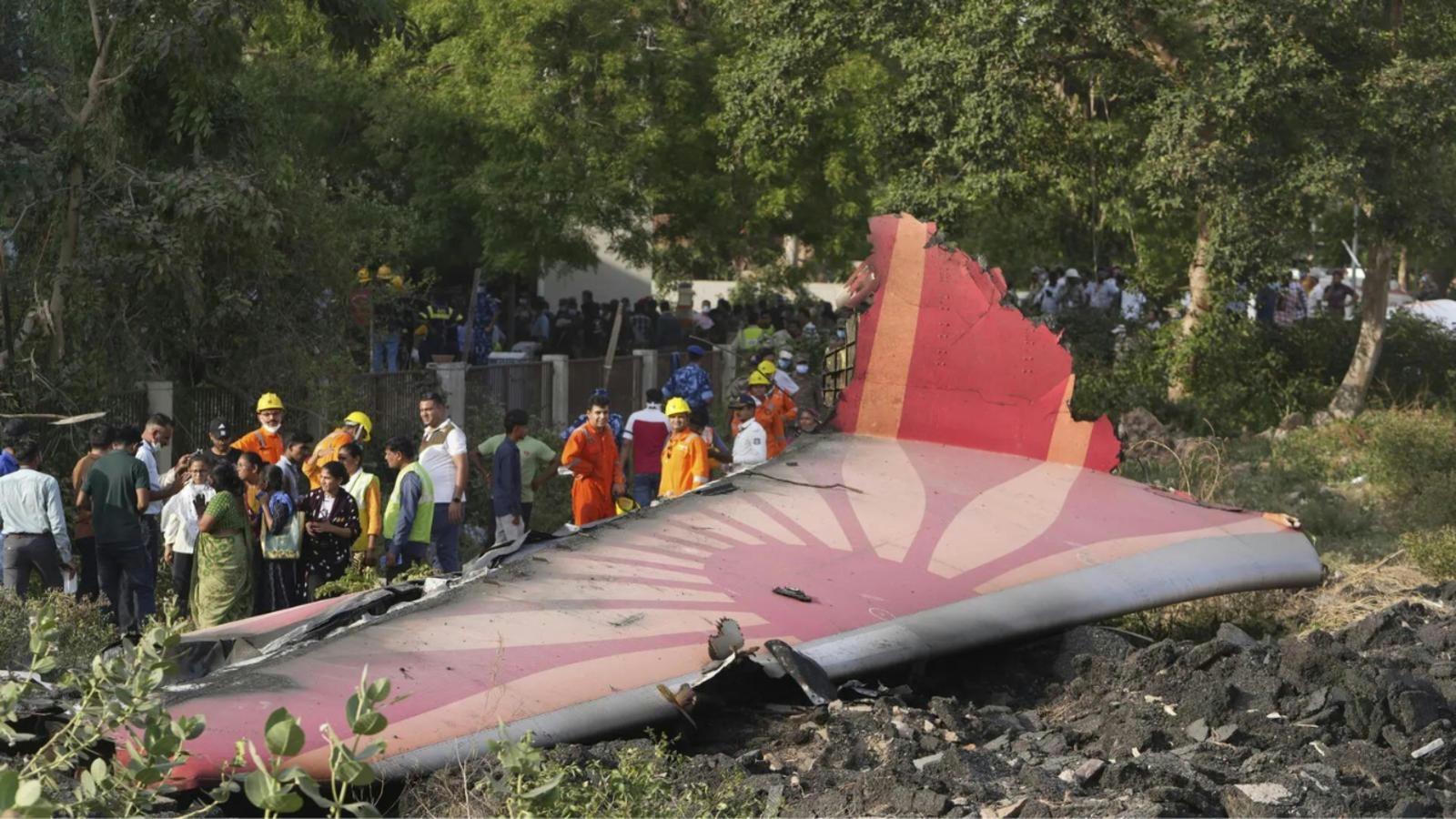أيروجيني — مساعدك الذكي للطيران.
الرائج الآن
Categories
Supreme Court Criticizes AI Report for Blaming Pilots

Supreme Court Condemns Selective Release of Air India Crash Report
New Delhi: The Supreme Court on Monday delivered a stern rebuke over the selective publication of a preliminary report concerning the June 12 Air India crash. The bench, comprising Justices Surya Kant and N Kotiswar Singh, described the partial disclosure as "unfortunate and irresponsible," cautioning that it unfairly placed blame on the pilots and risked fostering a misleading media narrative. The Court issued notices to the Centre and the Directorate General of Civil Aviation (DGCA), underscoring the imperative for an independent, impartial, and expeditious investigation. It also emphasized the need to uphold the privacy and dignity of the victims’ families throughout the process.
Concerns Over Preliminary Findings and Media Narrative
The justices expressed particular concern regarding the Aircraft Accident Investigation Bureau’s (AAIB) preliminary findings, released on July 12, which primarily highlighted pilot error. The Court criticized the "piecemeal and selective" nature of the report’s release, warning that such disclosures could prematurely shape public opinion and undermine the integrity of the investigation.
Advocate Prashant Bhushan, representing the NGO Safety Matters Foundation, argued that a single line in the report attributing fault to the pilots had been disproportionately amplified by the media, distorting the broader context of the crash. He raised questions about potential conflicts of interest within the investigation panel, noting that three of its five members were affiliated with the aviation regulator. Bhushan further suggested that releasing data from the flight data recorder could provide clarity on the true cause of the accident.
The bench, however, urged caution, emphasizing that demands for transparency must be balanced against the risk of sensitive information being misused, particularly by competing airlines. The justices warned that premature disclosure of flight data could lead to multiple, conflicting theories, complicating the investigation.
Bhushan also referenced a podcast that examined the incident and concluded that pilot negligence was not the cause, illustrating how selective reporting can skew public understanding. He proposed appointing a retired judge to lead the investigation panel to ensure impartiality, but the Court indicated that an inquiry headed by domain experts might be more appropriate.
Judicial Emphasis on Fair and Swift Investigation
The Supreme Court stressed the importance of conducting investigations promptly to prevent the spread of rumors and speculation, as well as to avoid selective leaks to the media and social platforms. While Bhushan reiterated his call for the release of flight data, the bench maintained that premature disclosure could hinder the investigative process.
The petition, filed by the aviation safety NGO led by Captain Amit Singh, contends that the official probe infringes upon citizens’ fundamental rights to life, equality, and access to truthful information. The plea highlights that the AAIB’s preliminary report attributed the accident to the movement of "fuel cutoff switches" from "run" to "cutoff," effectively suggesting pilot error, while allegedly withholding other pertinent information.
The Supreme Court’s intervention arrives amid heightened scrutiny of aviation safety investigations and regulatory responses. The Court’s criticism may prompt airlines and regulators to reevaluate safety protocols and accountability frameworks. Observers note that such judicial oversight could have broader implications for global trade and investor confidence, particularly in sectors dependent on international standards and transparency. Concurrently, increased regulatory attention is also being directed toward the technology sector, where scrutiny of artificial intelligence initiatives and semiconductor strategies by companies such as Meta and Alibaba may reshape competitive dynamics and market landscapes.

Emirates Unveils Cabin Design for New Boeing 777X

Eighteen Years On, the Airbus A380 Remains Central to a $34 Billion Airline

How a boom in luxury airline seats is slowing down jet deliveries

Navitaire Outage Attributed to Planned Maintenance

Airbus Plans Record Delivery of 870 Aircraft in 2026

DigiYatra Debuts Outside Aviation at India AI Impact Summit

Vietnam Orders Strengthen Boeing’s Commercial Outlook

Airbus Signals Uncertainty Over Future A400M Orders

JobsOhio Awards $2 Million Grant to Hartzell Propeller for Innovation Center

Collins Aerospace Tests Sidekick Autonomy Software on YFQ-42A for U.S. Air Force CCA Program
